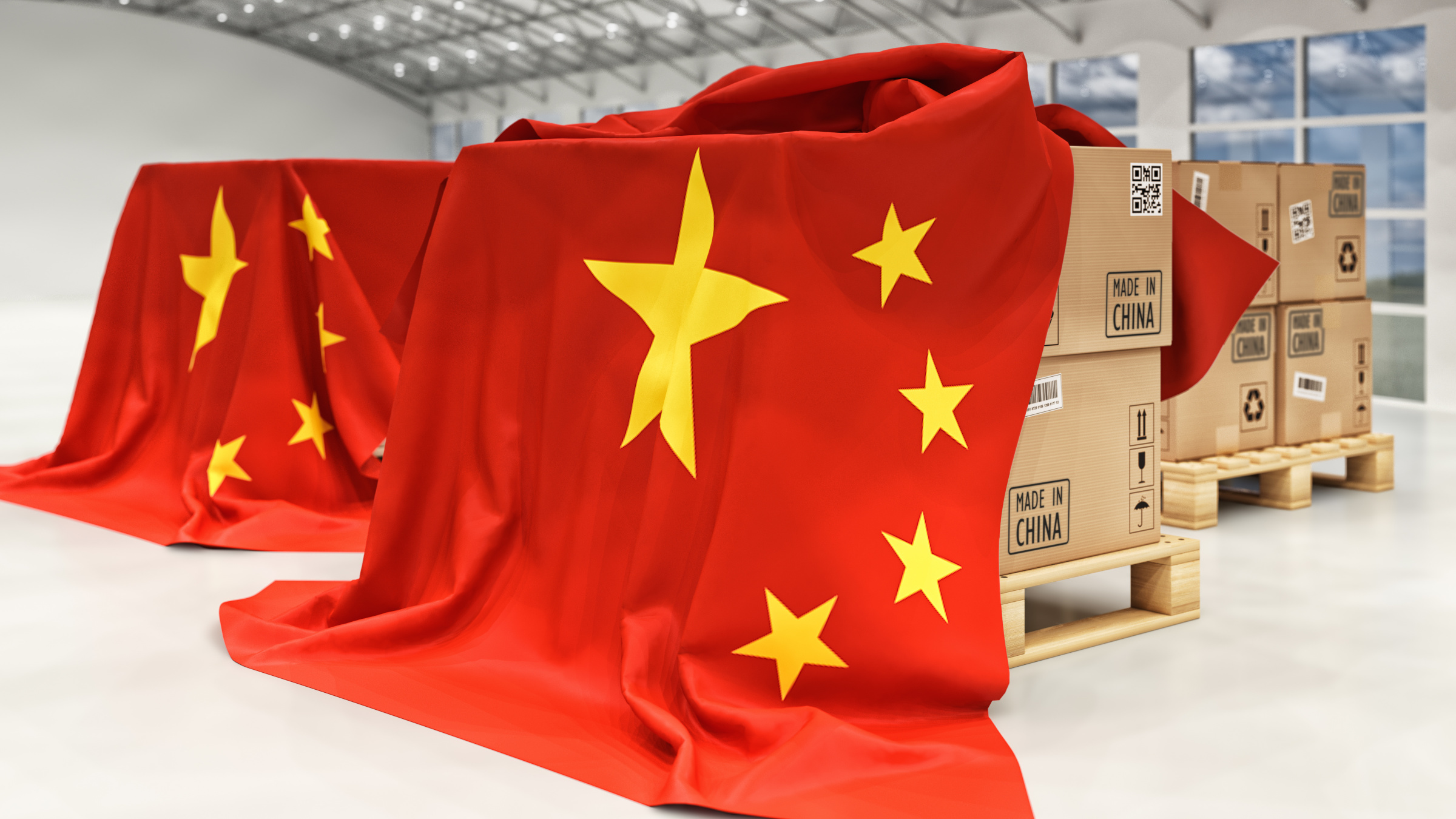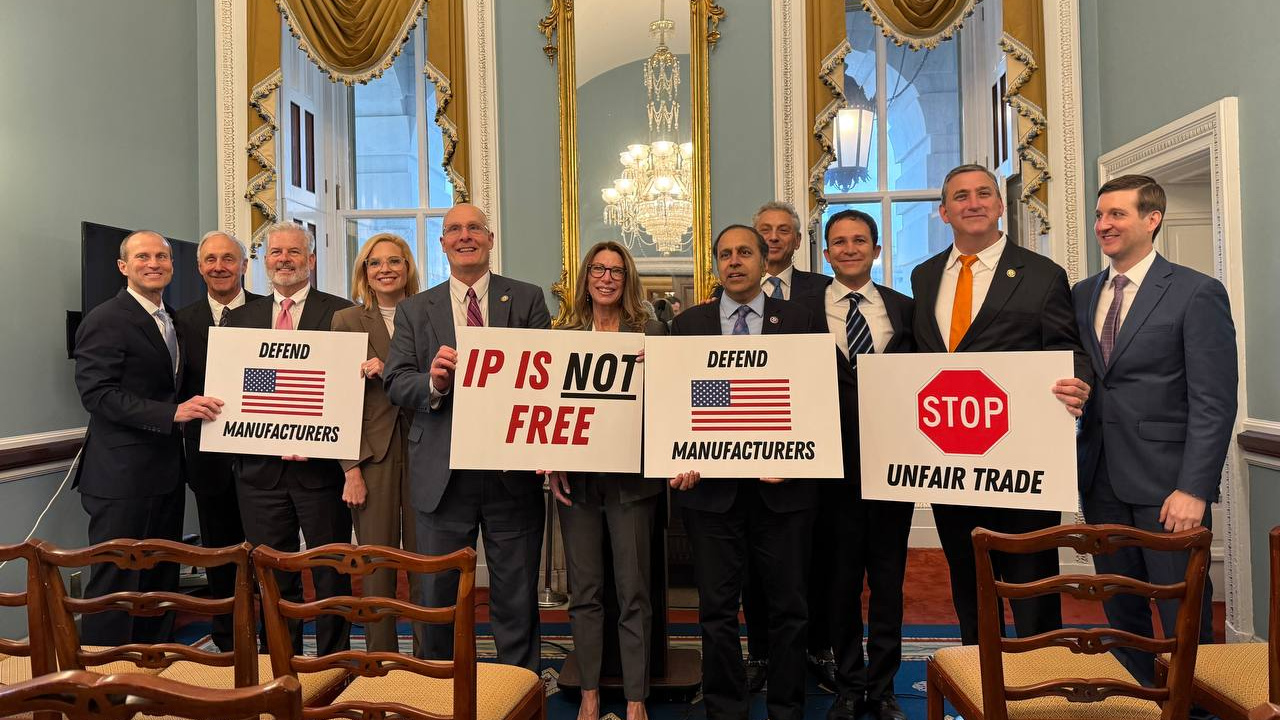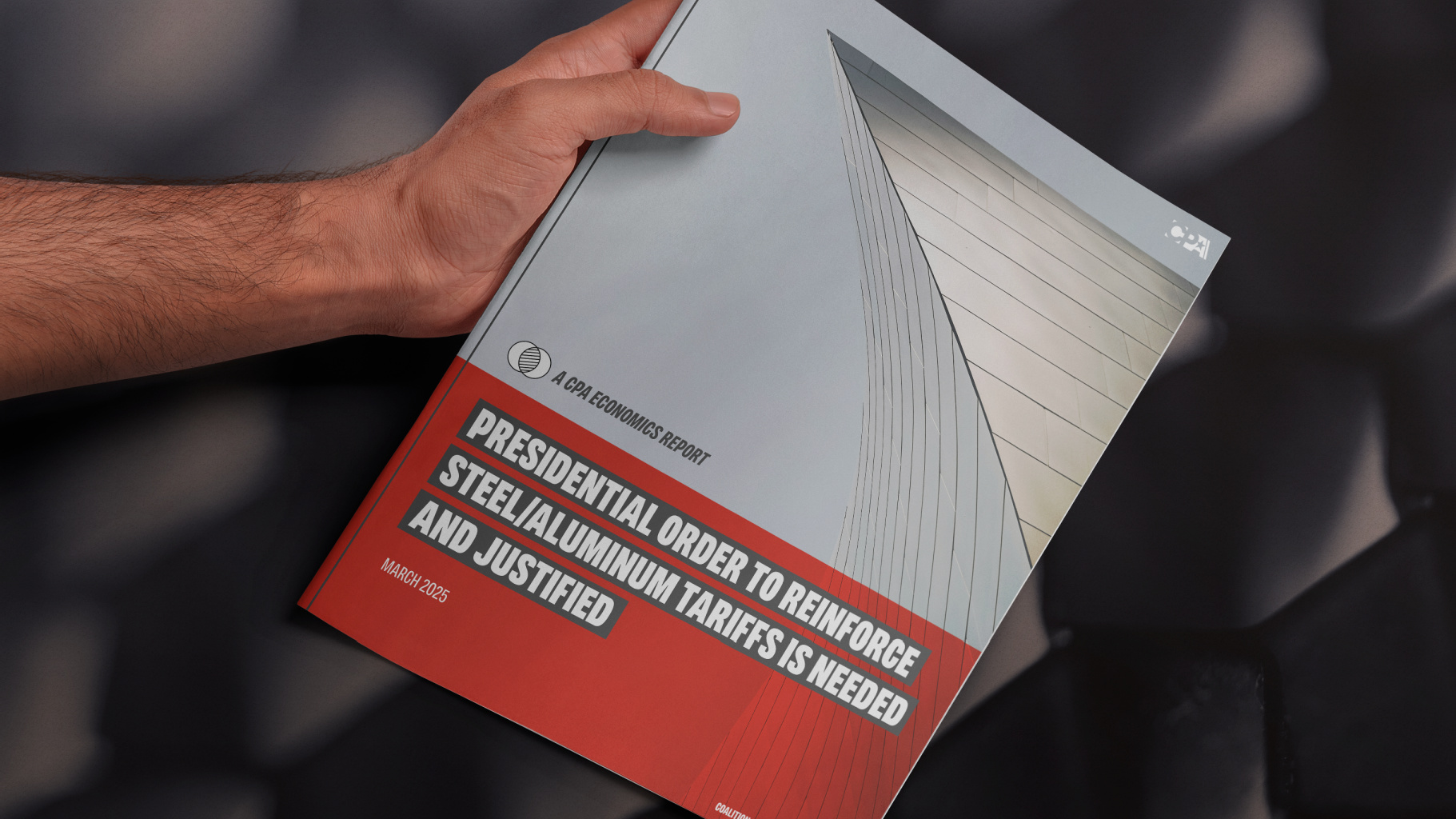 FOR IMMEDIATE RELEASE
FOR IMMEDIATE RELEASE
Contact: Paola Masman
Global WTO Tribunal Overrules Congress on Food Labeling, $1 Billion Sanctions
Washington, D.C.- Today, a World Trade Organization (WTO) tribunal authorized over $1 billion in sanctions against the U.S., in retaliation for the congressionally passed Country of Origin Labeling (COOL) law being “incompliant with WTO standards.”
COOL law requires detailed labeling where the livestock was born, raised and slaughtered. This announcement is the final step in a WTO dispute brought by Mexico and Canada that has been ongoing for over seven years. The WTO has repeatedly – but wrongly – ruled that America’s COOL law discriminates against imported livestock in violation of our trade agreements with Canada and Mexico.
“COOL was passed by Congress in 2002 and is supported by nine out of ten Americans,” said Michael Stumo, CEO of the Coalition for a Prosperous America. “Our founding fathers gave the authority to pass laws such as COOL to the US Congress, not world government courts. Congress should focus upon taking back its power rather than acceding to transferring that power to global courts.”
Consumers across the U.S. rely on these labels to inform them of their food and allow them to make informed decisions regarding their meat. Congress is now likely to take that information away from them.
CPA affiliate R-CALF USA (Ranchers-Cattlemen Action Legal Fund) also criticized the amount of the sanctions, saying: The WTO decision is utterly absurd. The entire value of Canada’s live cattle imports in 2014 was $1.753 billion and this represented an historical high. It is absolutely impossible that Canada could be suffering an annual loss representing 45 percent of Canada’s record high imports.
The COOL sanctions decision underlines the importance of stopping the Trans-Pacific Partnership which will subject US and state laws to more global tribunal oversight.
The Coalition for a Prosperous America is a nonpartisan, nonprofit organization representing the interests of over three million households through our agricultural, manufacturing and labor organization members.












